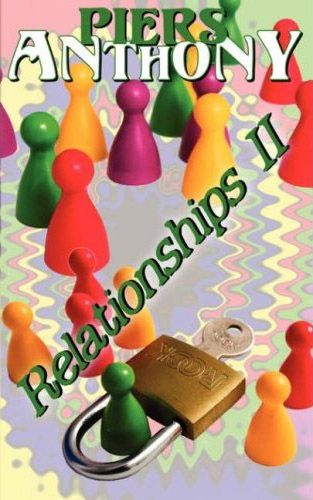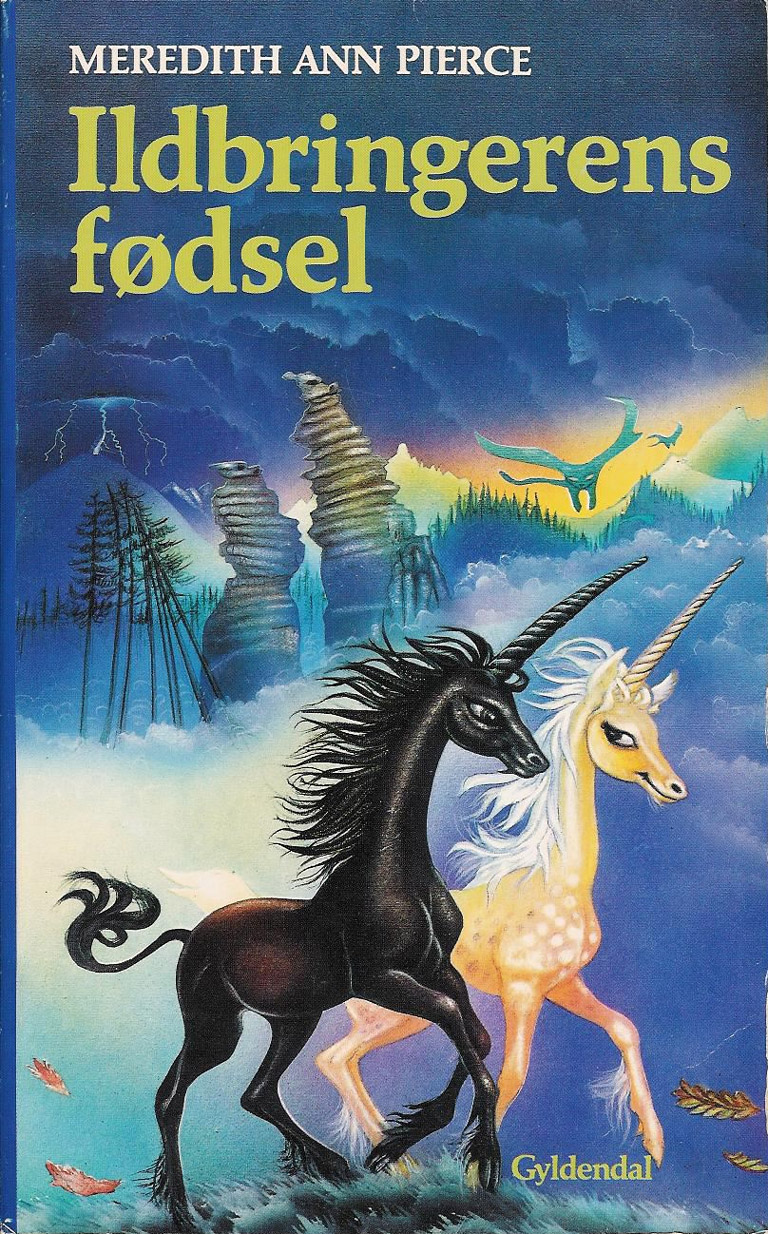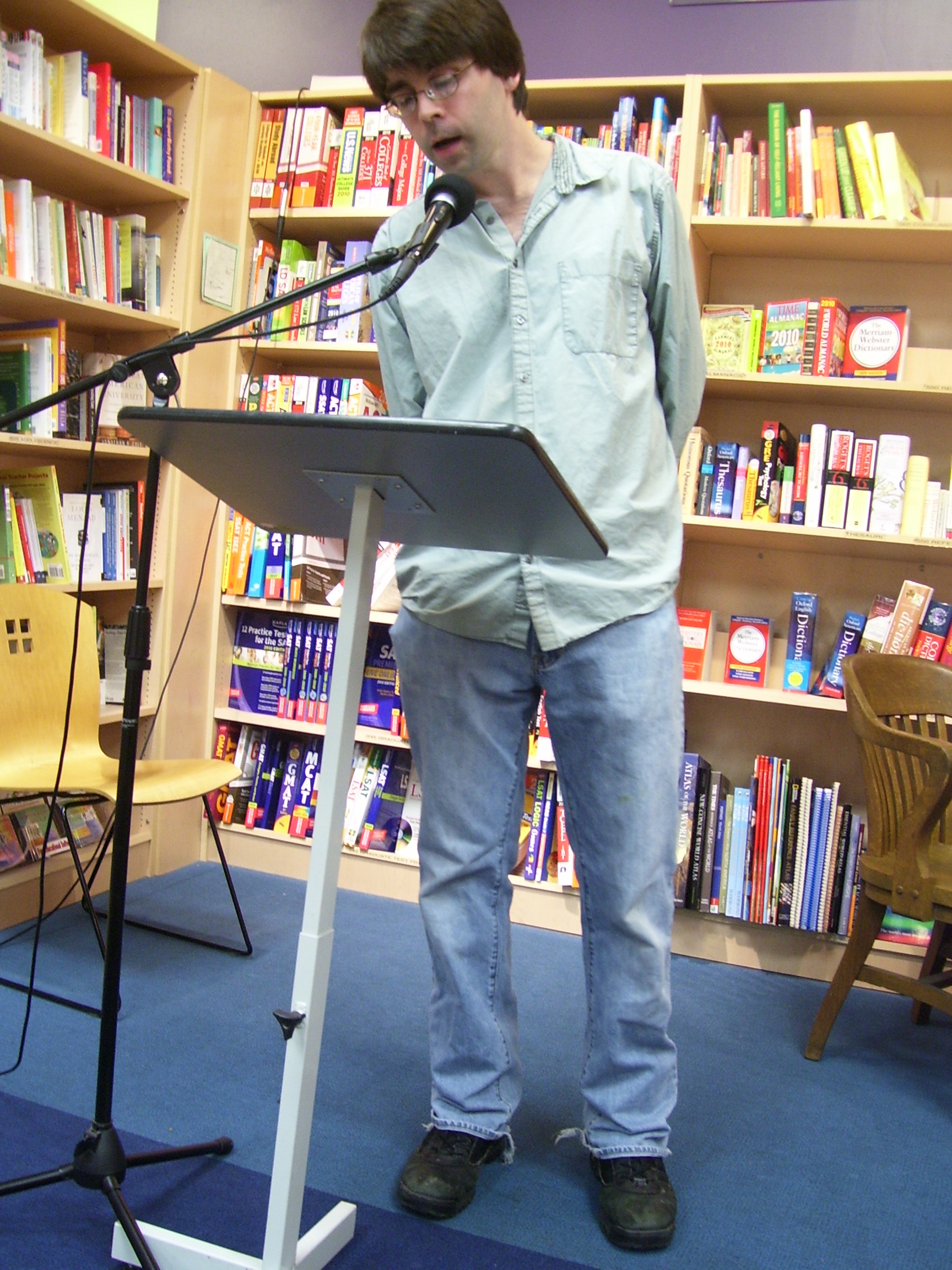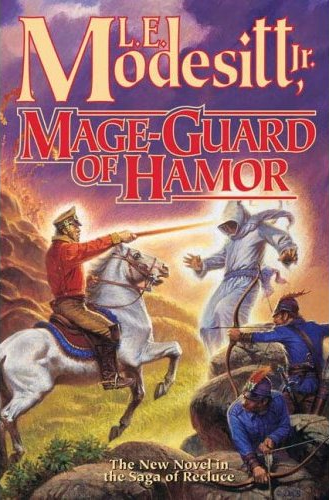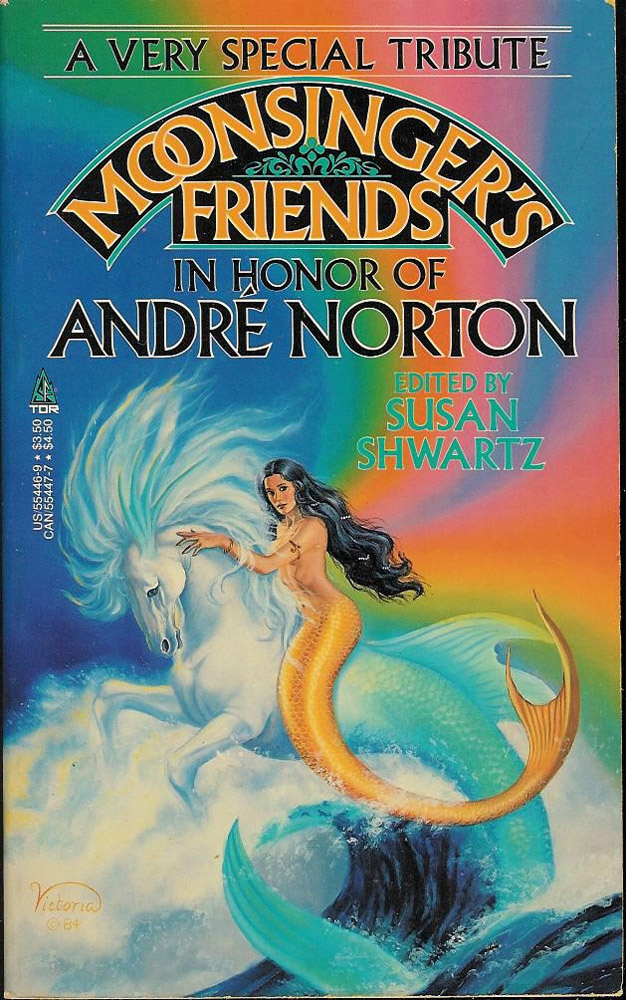Date read: 2.13.10
Book from: Personal collection
Reviewer: Emera
Bear and His Daughter is a collection of enormously depressing short stories about unhappy people with unhappy pasts and, frequently, drug dependencies. There’s a washed-up poet in Mexico trying to escape his need for the validation of his strung-out friends as they hustle him up the side of a volcano on a putative spiritual quest (“Porque no Tiene, Porque le Falta”); two war veterans struggling with fear and confusion (“Absence of Mercy” and “Helping”); a trepidatious drug-runner (“Under the Pitons”); a hippie mom who has an unnerving encounter with a dolphin at an aquarium (“Aquarius Obscured”); and a widowed woman who channels her grief and anger into macabre nighttime undertakings on behalf of the anti-abortion movement (“Miserere”). Oh, and another washed-up poet, a relapsed alcoholic taking a cross-country trip that draws him closer and closer to his estranged daughter, an erratic, poetical junkie and park ranger who spins myths about the caves where she gives tours (“Bear and His Daughter”).
All told, there’s a lot of rage and fear and aimlessness and rejection of meaning or acceptance of the lack thereof, and the stories end in senseless fistfights on subway platforms or gunshots or suicides or drowning or people otherwise hurting themselves and others. BUT for all that, I did enjoy (…not quite the right word) reading it. Stone delineates his characters’ psychology with finesse, and I was a little in awe of his prose: it’s incredibly lean and stripped-down, with descriptions, particularly of landscapes and seascapes, that are piercingly vivid in their concision. There’s a kind of architectural purity to his writing, coupled with an intense attention to details of setting and sensation.
Continue reading Bear and His Daughter, by Robert Stone (1997) E
